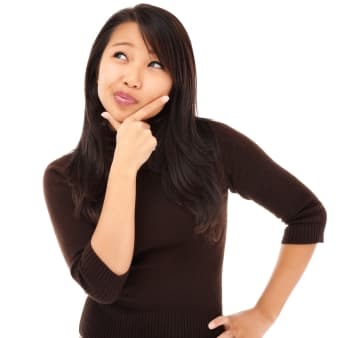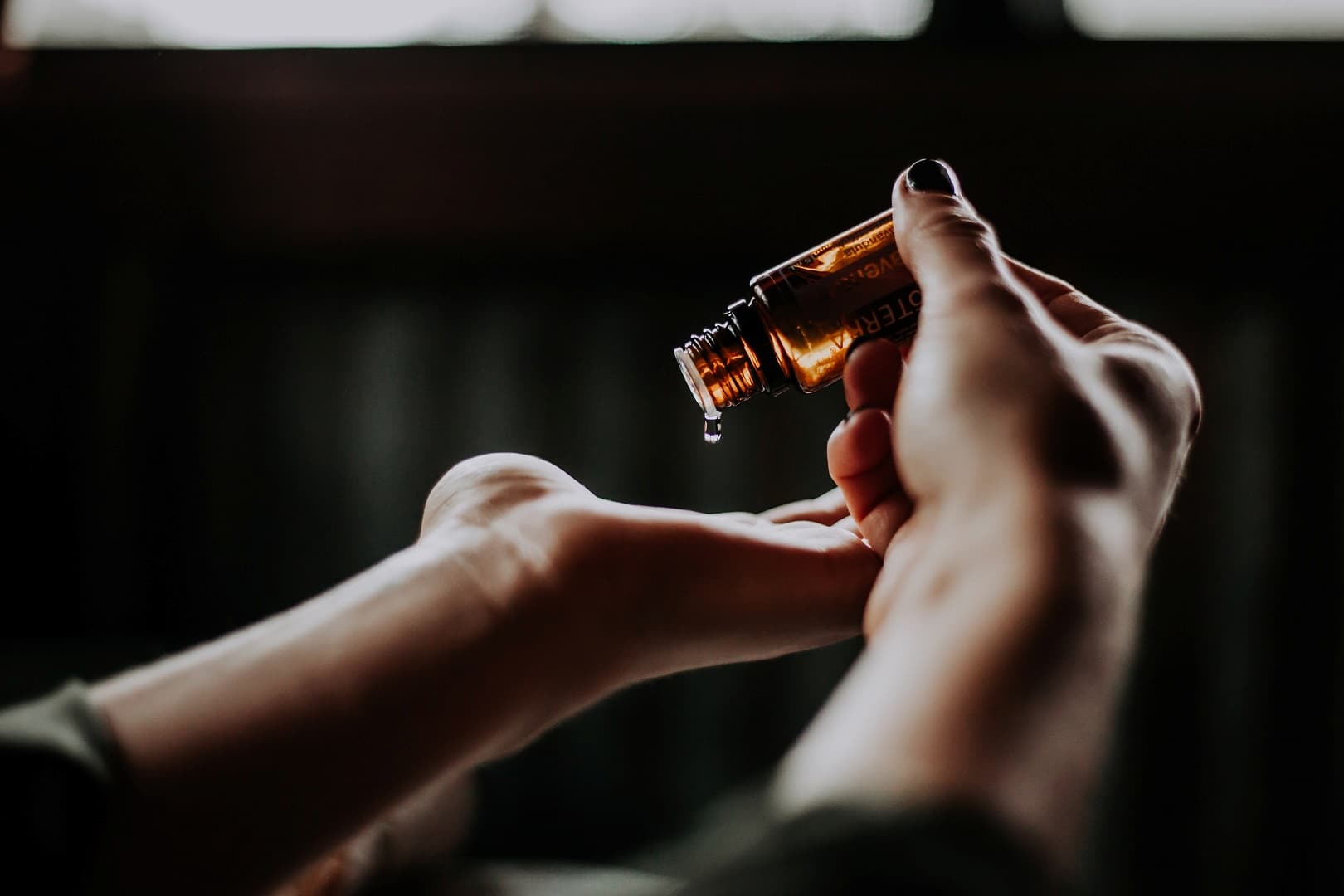
Natural therapy or natural medicine is a holistic approach to treating diseases by helping the body heal itself. Its methods have gained popularity in recent years, given that it's natural and non-invasive. Natural therapy covers a wide range of study including homeopathy, naturopathy, herbal medicine, holistic nutrition, acupuncture, iridology, magnetic therapy and kinesiology. Finding the right course to study can take a little more effort than being told where to find a school - learning about each course, its requirements and outcomes are some of the things you should learn before enrolling.
Degree or Certificate
 Naturopathy and chiropractic care requires at least 4 years of intensive study leading to a degree. You may also need to pass state board exams before you can practice chiropractic care. On the other hand, a certification program is shorter and is usually completed in six weeks, depending on the number of credits you decide to take.
Naturopathy and chiropractic care requires at least 4 years of intensive study leading to a degree. You may also need to pass state board exams before you can practice chiropractic care. On the other hand, a certification program is shorter and is usually completed in six weeks, depending on the number of credits you decide to take.
Certification courses may be studied in a school or online. Courses in natural therapy vary in terms of structure, subjects and objectives. Some of them focus on the muscles and tissues in the body like massage therapy, reflexology and iridology, others utilise the body's natural energy like Reiki and other energy therapies, and there are those that harness the medicinal properties of plants such as herbology and aromatherapy. It is best to do some research on the basic principles and treatment methods practiced by each natural therapy to determine which study is right for you.
Natural Therapies to Study
If you aspire to be a health professional who is well-versed in a wide range of natural therapy services, study a complementary therapy which aligns with your interest. The process of learning something new is habit-forming, if not addictive. Once you discover something that is useful to yourself and others, you'll want to learn everything there is to learn about it. We list below some natural therapies that are worth studying to land a rewarding career.
Ayurveda
Ayurveda means "Science of Life" and is the traditional healing system practised in India. Its principles are based on the laws of nature and deal with the body, mind and spirit, or the individual constitution of each person. The basic idea behind Ayurveda is that most diseases are caused by an improper diet and lifestyle that is not in harmony with nature and one’s individual constitution. Ayurvedic treatments include herbal medicine, dietary and lifestyle changes, body work such as yoga asana and massage, meditation and mantra, detoxification and rejuvenation therapies. The Ayurvedic therapist takes the role of teacher, adviser and facilitator, who works together with the client to find the best treatment for an illness.
Energy therapy
Energy therapy is based on the principle that life depends on a free flow of energy. A block in this energy can cause disease in a person. In energy therapy, the patient is taught how to access enough energy to start making changes and to clear some of the energy problems with the body. Energy may be blocked as a result of physical or emotional stress which is retained in the cell memory and intelligence as the body’s regular or default mechanism. This mechanism accounts for why a disease may recur after stopping medication. To permanently treat an illness, the patient’s energy blocks must first be resolved. Energy therapies include quantum touch, Rolfing, R.E.S.E.T. for TMJ patients, crystals, colour therapy, sound healing and Feng Shui.
Aromatherapy

Aromatherapy is the practice of using volatile plant oils and essential oils to promote psychological and physical well-being as well as to treat disease. Proponents of aromatherapy maintain that fragrances in the oils stimulate nerves in the nose which sends specific signals to the brain, depending on the type of oil used. Treatment methods include massage, sprays, infusion in bath water to promote relaxation, relieve stress and pain.
Traditional Chinese Medicine
Traditional Chinese Medicine (TCM) is an ancient system of medicine that has been in use for more than 3,000 years. It is an umbrella term for a variety of modalities that aim to prevent and treat disease by maintaining a balance between the yin and yang, two opposing and yet complementary forces that influence health. Acupuncture, herbal remedies, qigong, cupping and Chinese massage or Tuina all fall in the TCM category.
Naturopathy
The practice of naturopathy involves different natural remedies to help the body heal itself. A naturopathic doctor takes the whole-person approach when treating a patient. They look at the individual's mind, body and emotions, as well as social and environmental factors, to get to the root cause of a disease rather than just treating its symptoms. Naturopathic medicine is not a pill that you swallow to experience temporary relief; it encompasses a range of modalities, including massage therapy, homeopathy, acupressure, herbs, flower essences and iridology among others. Diet and lifestyle modifications are the primary focus of a naturopath, which explains why their treatment plans never fail, whether they're for a digestive issue like gastroesophageal reflux disease or a heart condition like ischemic heart disease.
Yoga

The benefits of yoga go beyond improving flexibility, posture and muscle strength; it supports mental health as well. Studying yoga therapy will equip you with the skills and tools to curb common illnesses and serious medical conditions. It covers a broad range of yoga postures, meditation techniques and breathing exercises to integrate the mind, body and spirit, which is the key to fighting disease and staying healthy.
Beauty Therapy
Beauty is not only skin-deep as far as beauty therapy is concerned. A course that focuses on this modality will teach you how to assess a person's physical health, mindset and emotional state in relation to their aesthetic needs. In a conventional beauty salon, a zit is eliminated with an extraction procedure. A holistic beauty therapy centre, on the other hand, employs a wide range of beauty treatments that are holistic in nature to ensure long-term changes to one's nails, hair, skin and body.
Hypnotherapy
Hypnotherapy is a form of holistic medicine that addresses thought and behavioural patterns that contribute to physical, mental and emotional issues. It involves the use of hypnosis, which relaxes the subconscious mind and gets it into a trance-like state, to make it receptive to positive suggestions for self-improvement. Hypnotherapy combines counselling and psychotherapy techniques, such as cognitive behavioural therapy, to address all kinds of conditions, including addictions, panic disorder, trauma, learning difficulties, chronic pain, anxiety and depression, to name a few.
 There's a whole range of other natural therapies that utilise evidence-based medicine and can be used in conjunction with conventional medicine. You can check out our comprehensive list on the Natural Therapy Pages to find a complementary therapy that suits your interest as well as an accredited course provider that boasts licensed, experienced instructors. Once you have made your selection, you may study the modality on-campus, or perhaps you can consider online courses and enjoy the flexibility of studying anywhere and anytime you want.
There's a whole range of other natural therapies that utilise evidence-based medicine and can be used in conjunction with conventional medicine. You can check out our comprehensive list on the Natural Therapy Pages to find a complementary therapy that suits your interest as well as an accredited course provider that boasts licensed, experienced instructors. Once you have made your selection, you may study the modality on-campus, or perhaps you can consider online courses and enjoy the flexibility of studying anywhere and anytime you want.
Investing in the best school will not only lead to a career in natural therapy that promises work-life balance as it provides a lucrative source of income without you having to work full-time. But it will also enable you to explore the potency of different types of natural treatments in addressing all sorts of illnesses and the side effects of standard medical treatments as well.
|
Do you have a natural health & wellness business? |









